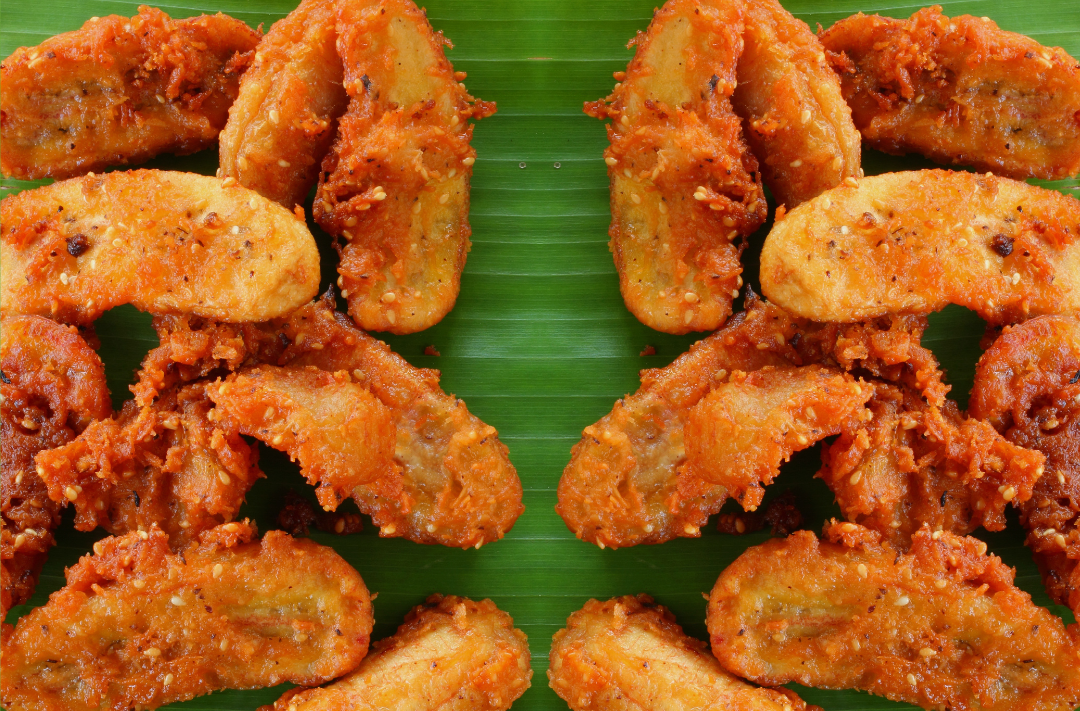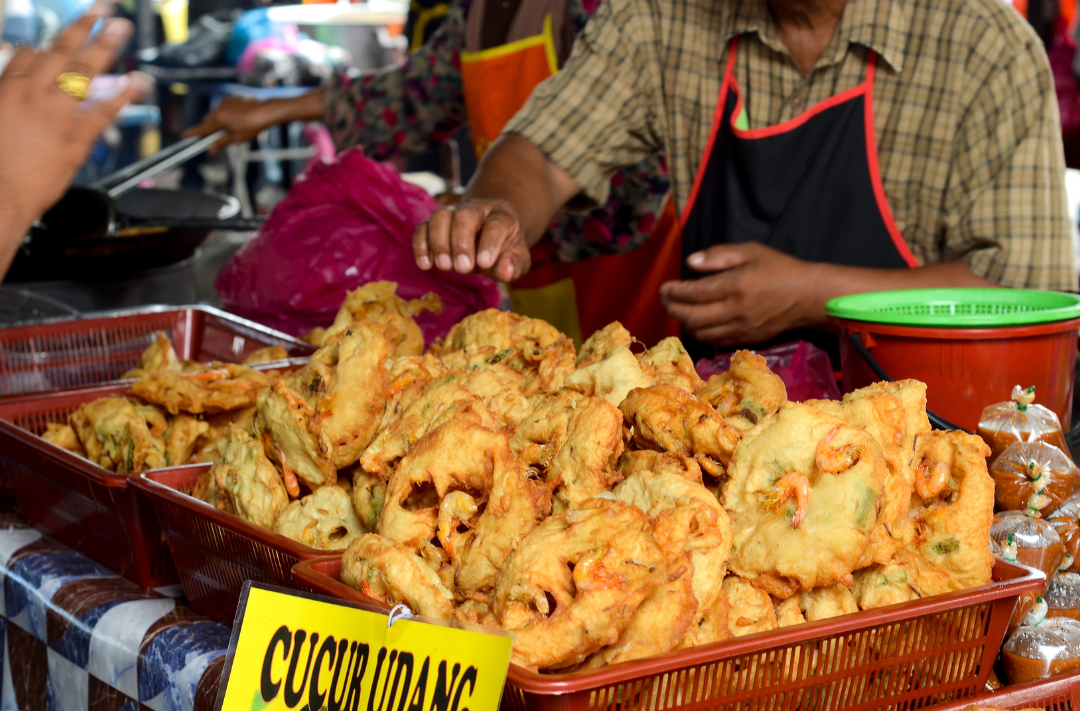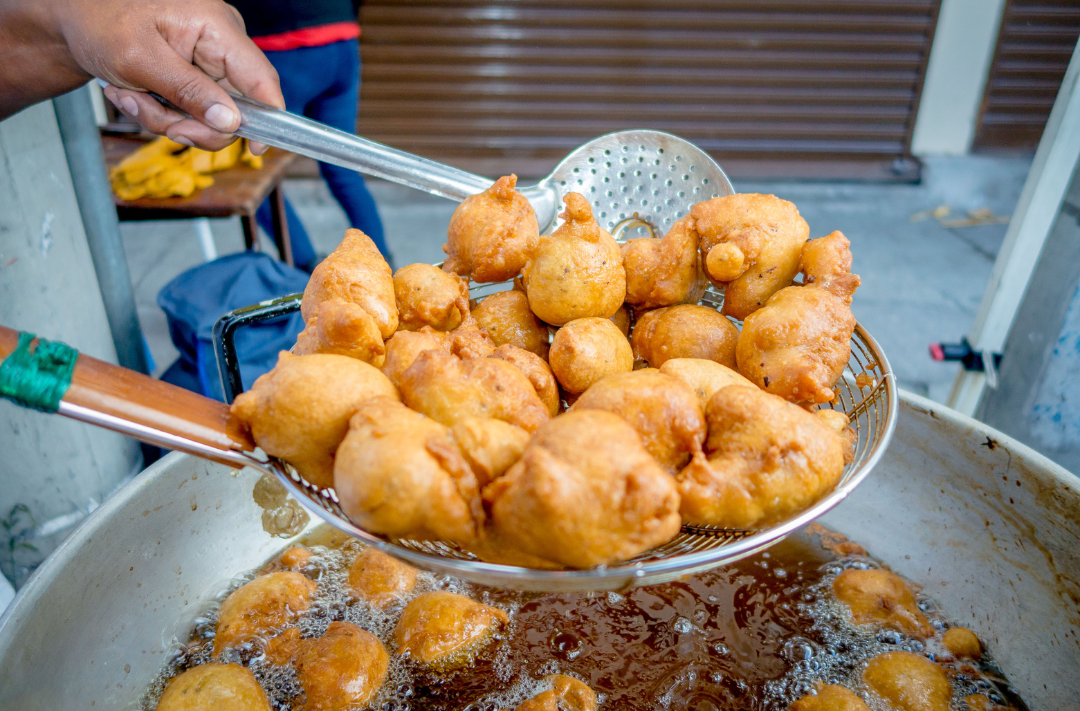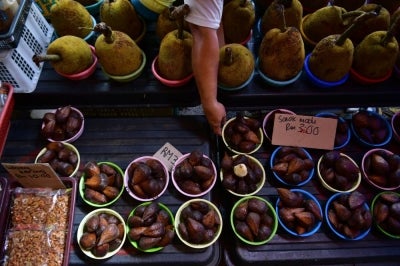How many times has that oil been used? The hidden dangers in deep-fried snacks
Deep fried food prepared with reused oil, pose significant health risks, including increased exposure to harmful compounds and hygiene issues.

MALAYSIANS have an undeniable love affair with deep-fried food— no matter if it's fried chicken, keropok lekor or pisang goreng, they are crispy, golden, and irresistibly indulgent.
But behind the craze of street-side gorengs and midnight snacks lies a hidden health risk that could be far more dangerous than you think—especially if that irresistible crunch comes from food cooked in reused oil.
Former deputy health minister Dr Lee Boon Chye raises a red flag over the repeated use of cooking oil in deep-fried snacks.
"Cooking oil used for deep fried snacks should not be reused for more than five to eight times.
"Repeated heating of cooking oil can cause the oil compound to undergo oxidation, which may be linked to cancer, heart disease, and other health problems," he told Sinar Daily.
Lee also noted that in some countries, used cooking oil is recycled to produce biofuels, including aviation fuel, rather than being irresponsibly discarded, which can further harm the environment.
While acknowledging that there may not be any clear-cut regulations in Malaysia banning the repeated use of cooking oil for frying snacks, Lee suggested encouraging entrepreneurs to collect used oil for recycling into fuel.
"We are a market economy. The Health Ministry (MOH) will take action if the food item contains harmful ingredients or the food content labelling is false," he added.

He urged the MOH to prioritise public education on the importance of a balanced diet, particularly as unhealthy snacking habits remain prevalent.
When asked about Malaysians' snacking habits, Lee observed that many snacks are high in carbohydrates and sugar, contributing to obesity and related health issues.
"Food industry players should also be encouraged to produce healthier snack options," he added.
On this issue, JomSayHeart Diet Centre CEO and chief nutritionist Syaza Lyana Idris echoed similar concerns, emphasising that deep-fried street foods, often prepared with reused oil, pose significant health risks, including increased exposure to harmful compounds and hygiene issues.

"While avoiding these foods entirely may not be realistic, consuming them in moderation — no more than once or twice a month — can minimise risks," she advised.
Syaza also highlighted the need for improved food safety standards, including regular inspections and stricter penalties for violations. Public education campaigns, she said, can help raise awareness about the health implications of consuming such foods, empowering consumers to make more informed choices.
She added that rising living costs further complicate healthy eating habits.
"Policies to subsidise fresh produce and whole foods, or enforce price caps on essential items, could make healthier options more affordable," she said.
Additionally, Syaza advocated for community-driven initiatives such as urban gardens, farmers' markets, and cooking classes to promote affordable healthy eating.
"Collaboration between local authorities and communities can ensure that healthy food options are more accessible, particularly in urban areas where processed foods are often more readily available than fresh produce," she added.
Download Sinar Daily application.Click Here!















